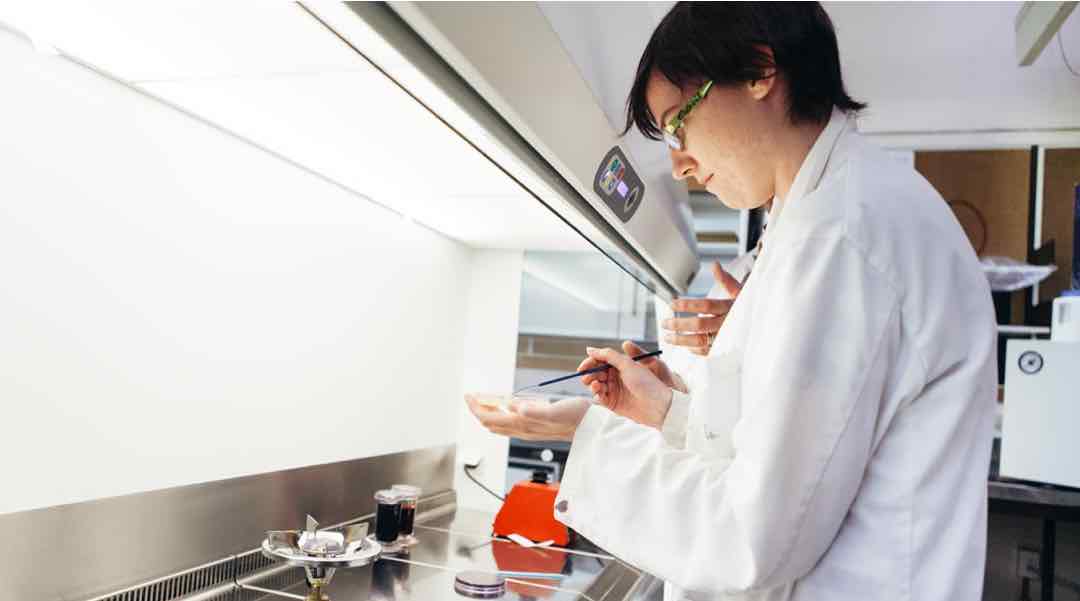Scientific technicians play a vital role in the scientific community by supporting research projects and experiments. They work in many industries, including healthcare, environmental science, and manufacturing. If you have a passion for science and technology and enjoy hands-on work, a career as a scientific technician may be an excellent fit. In this article, we will explore the educational and career field of scientific technicians, including the types of students who find it a good fit and how educational programs in the field work.
Educational Programs
Scientific technicians typically need an associate degree in a science-related field, although some positions may require a bachelor’s degree. Associate degree programs usually take two years to complete and include biology, chemistry, mathematics, and physics courses. Bachelor’s degree programs typically take four years to complete and provide a more in-depth education in a specific scientific field, such as biology or chemistry.
In addition to classroom instruction, scientific technician programs typically include laboratory work to provide hands-on experience. That includes conducting experiments, analyzing data, and using specialized equipment. Many programs also require internships or co-op experiences, providing students real-world experience in a scientific setting.
Types of Students Who Find Scientific Technician Programs a Good Fit
Scientific technicians work closely with scientists and other technicians, so strong collaboration skills are essential. Students who enjoy science and math, have strong critical thinking skills, and enjoy hands-on work tend to excel in scientific technician programs. They should also be detail-oriented, have strong communication skills, and be able to work well in a team environment.
Many students who pursue scientific technician programs are interested in a specific scientific field, such as biology or chemistry, and want to gain practical experience. They may be interested in pursuing a career as a research assistant, laboratory technician, or quality control technician.
Career Opportunities
There are a variety of careers available to graduates with a degree or certification in scientific technology. These careers span many industries, including healthcare, biotechnology, environmental science, and manufacturing. Some of the most common occupations for scientific technicians include:
- Laboratory Technicians: Laboratory technicians work in various industries, including healthcare, biotechnology, and environmental science. They are responsible for collecting and analyzing samples, conducting experiments, and recording and interpreting data. Laboratory technicians can work in many settings, including research laboratories, medical laboratories, and manufacturing plants. The median annual salary for laboratory technicians is around $53,000.
- Medical Technologists: Medical technologists work in healthcare settings, such as hospitals and clinics. They analyze patient samples and provide accurate test results to doctors and other healthcare professionals. Medical technologists must be skilled in using various laboratory equipment and techniques. The median annual salary for medical technologists is around $54,000.
- Environmental Science Technicians: Environmental science technicians work in many industries, including government agencies, consulting firms, and research laboratories. They are responsible for collecting and analyzing environmental samples, monitoring pollution levels, and providing recommendations for environmental remediation. The median annual salary for environmental science technicians is around $50,000.
- Quality Control Technicians: Quality control technicians work in manufacturing, ensuring that products meet industry and company standards. They conduct product tests and inspections, analyze data, and identify defects or quality issues. The median annual salary for quality control technicians is around $39,000.
- Biomedical Equipment Technicians: Biomedical equipment technicians work in healthcare settings, such as hospitals and clinics, maintaining and repairing medical equipment. They are responsible for diagnosing and fixing any issues with equipment, as well as performing routine maintenance and calibration. The median annual salary for biomedical equipment technicians is around $49,000.
- Agricultural and Food Science Technicians: Agricultural and food science technicians work in the farming and food industries, testing soil and water samples, conducting experiments, and analyzing data related to crop and livestock production. They also work in food processing plants, testing and analyzing food products for safety and quality. The median annual salary for agricultural and food science technicians is around $42,000.
It’s important to note that these salaries can vary depending on the industry, geographic location, and level of education and experience. In general, scientific technicians with more education and experience can earn higher salaries. Additionally, some industries may offer higher incomes than others. For example, medical technologists working in hospitals may earn higher wages than those working in smaller clinics. Overall, careers in scientific technology can offer competitive salaries and opportunities for growth and advancement.
Specific Majors in This Category
To find colleges that offer these majors and search by over 35 other criteria, use LifeLaunchr's College Match.




